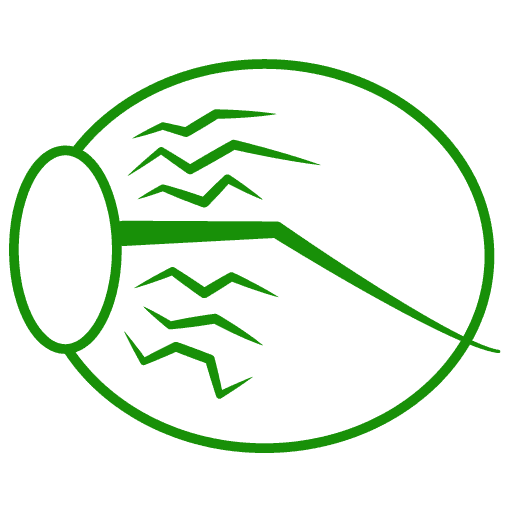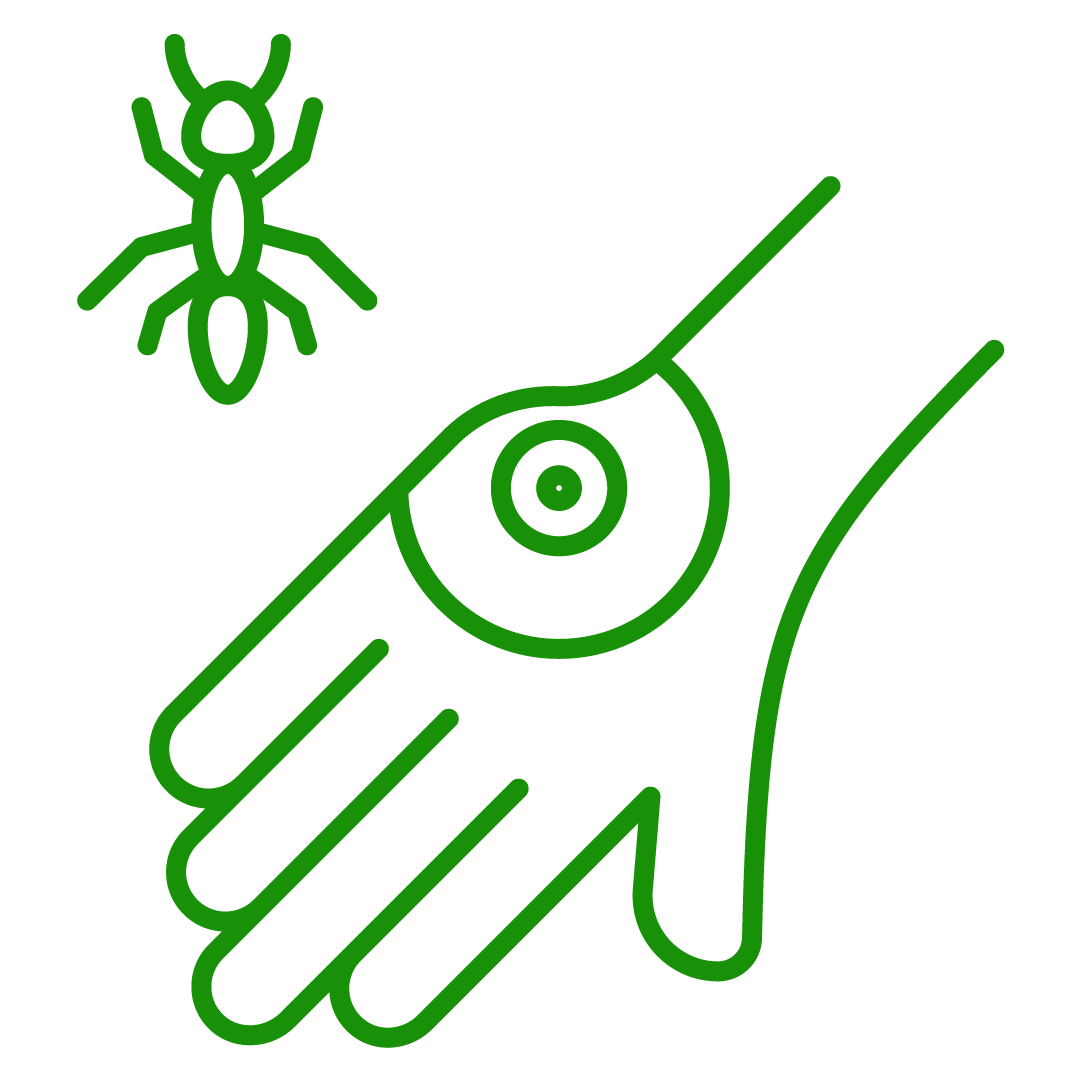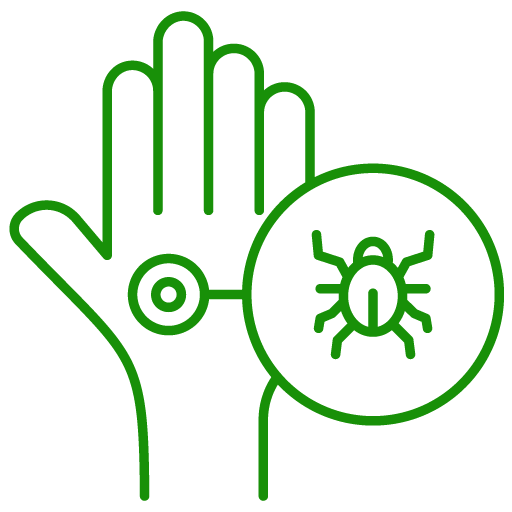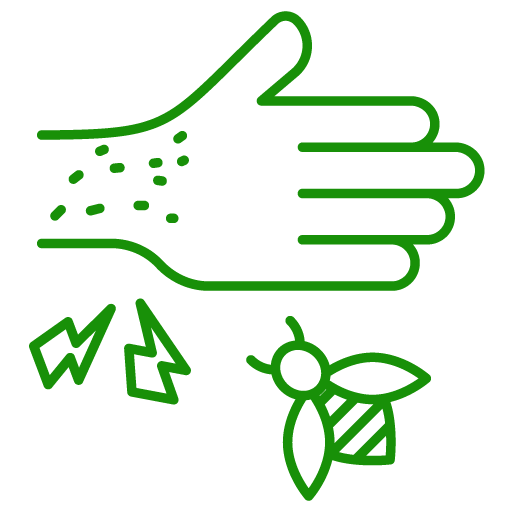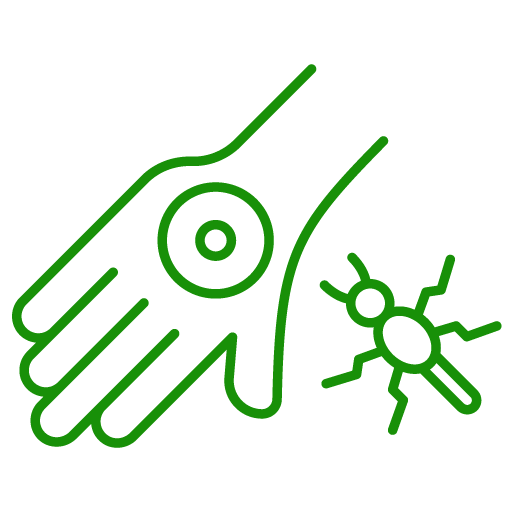Bites and Stings Overview
You may like to spend time outdoors close to nature, but sometimes it could be more welcoming to inhabitants. Bites and stings from insects and other critters can ruin your pleasant day, making you feel itchy and uncomfortable. Whether you are on a hike or spending some leisure time in your backyard, bites and stings from insects can significantly impact your well-being; sometimes, these encounters could also be dangerous. At Mobi Doctor, we understand how bites and stings can range from a minor nuisance to a severe health concern, and we're here to provide the care and advice you need.
Insects and animals bite or sting for various reasons, whether in self-defence, as part of their feeding process, or through accidental encounters. From a bee's sharp sting to a mosquito's subtle bite, each brings its own set of symptoms and potential reactions. While most are harmless, causing temporary discomfort, others can lead to allergic reactions, infections, or transmit diseases. Recognising and treating these bites and stings promptly is crucial in preventing complications.
Our approach at Mobi Doctor is personalised and proactive. We start by assessing your symptoms and the type of bite or sting you have. Understanding the source is crucial, as it guides our treatment recommendations. We'd like to know your medical history, any known allergies, and the severity of your reaction to offer a tailored plan that might include immediate remedies, medication, or preventive measures for future encounters.
If you find yourself the victim of a bite or sting, remember that help is just a consultation away. Don't let the fear of insects or animals keep you from enjoying the great outdoors. With Mobi Doctor by your side, you're equipped to handle these minor encounters confidently, ensuring they're nothing more than a small bump on your adventurous path.
